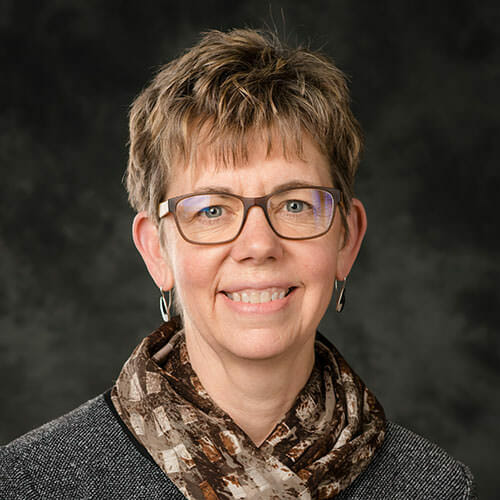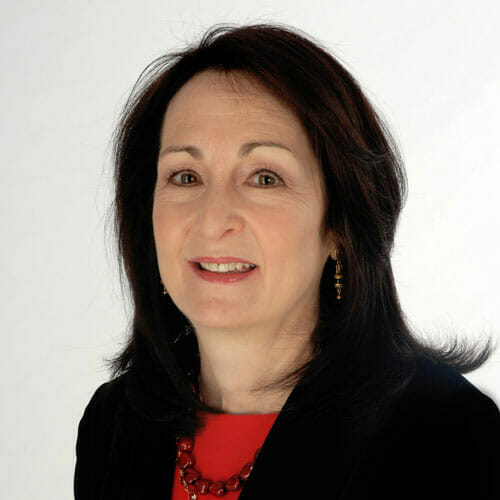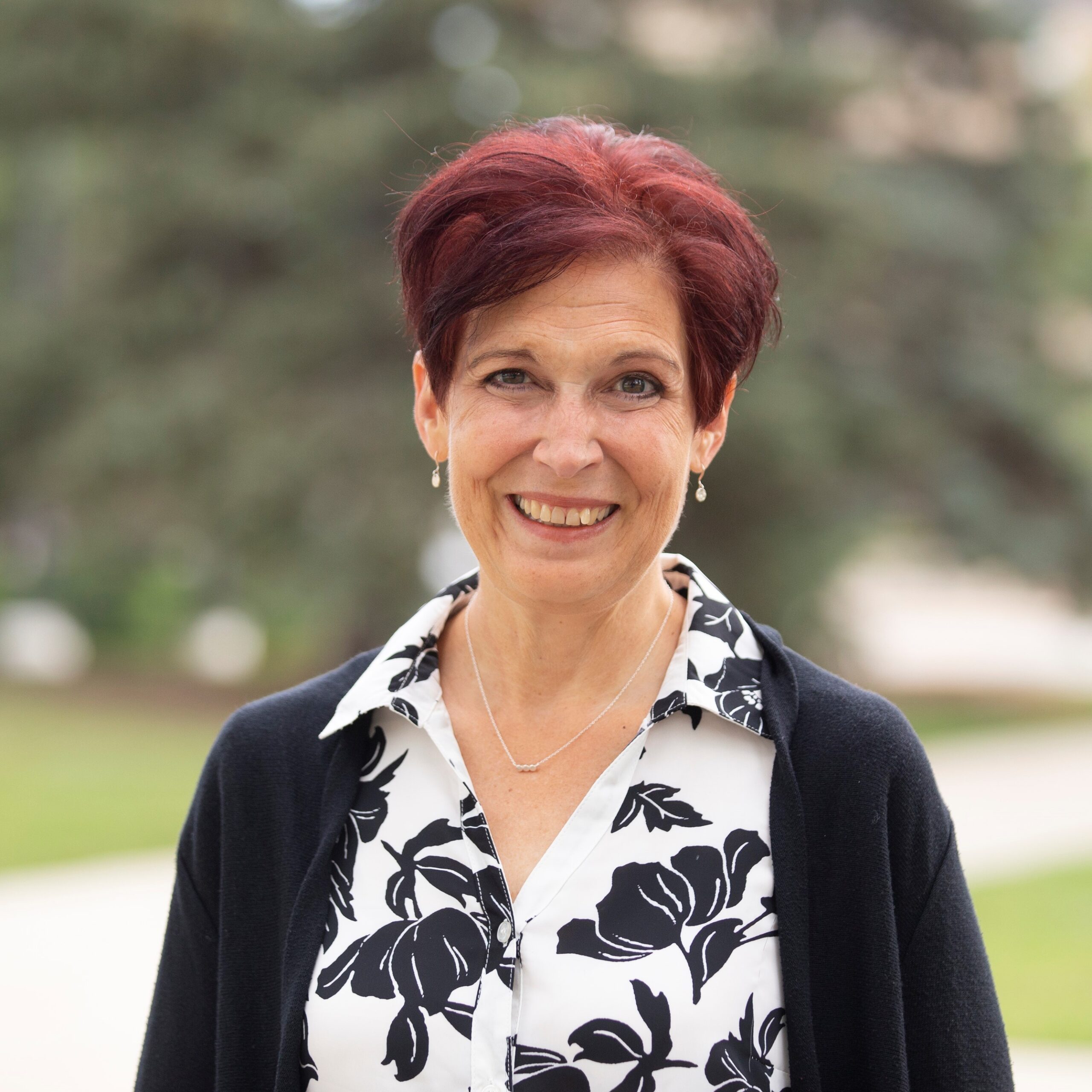The Role of Higher Ed in Providing Mental Health Services
Course Length
44m

The Role of Higher Ed in Providing Mental Health Services
Table of Contents
Overview
This podcast will help you answer, “What should my institution’s role be in providing mental health services to our students? Are we providing enough resources? When should I tell parents about suicidal ideation?” We’ve asked three experts to the table to help you think about the appropriate parameters around scope of service, as well as legal considerations.
Tagged In
$0

Bonnie Gorman
Dean of Students and Associate Vice President, Michigan Technological University

Carolyn Reinach Wolf
Executive Partner, Abrams, Fensterman, Fensterman, Eisman, Formato, Ferrara, Wolf & Carone, LLP


